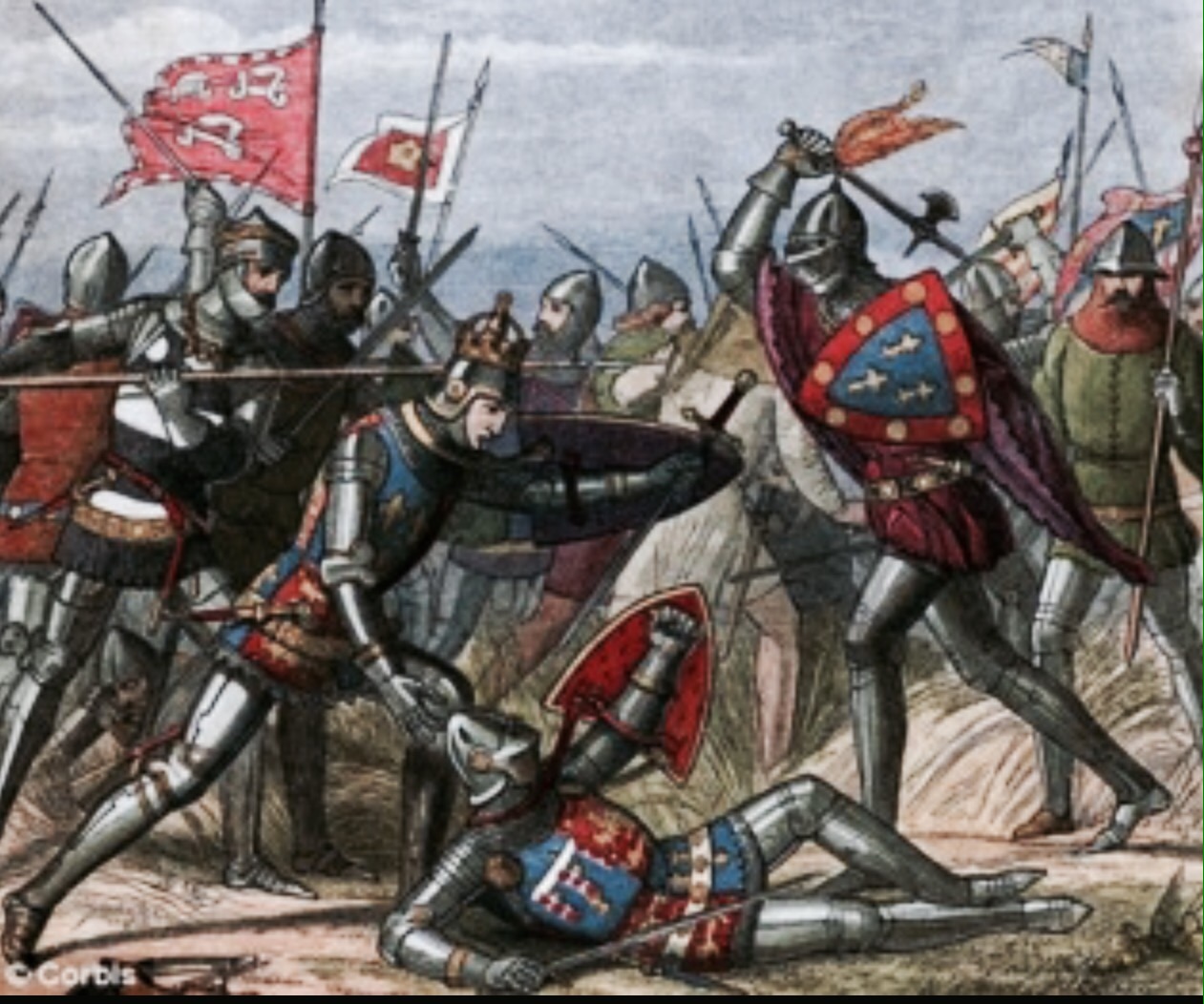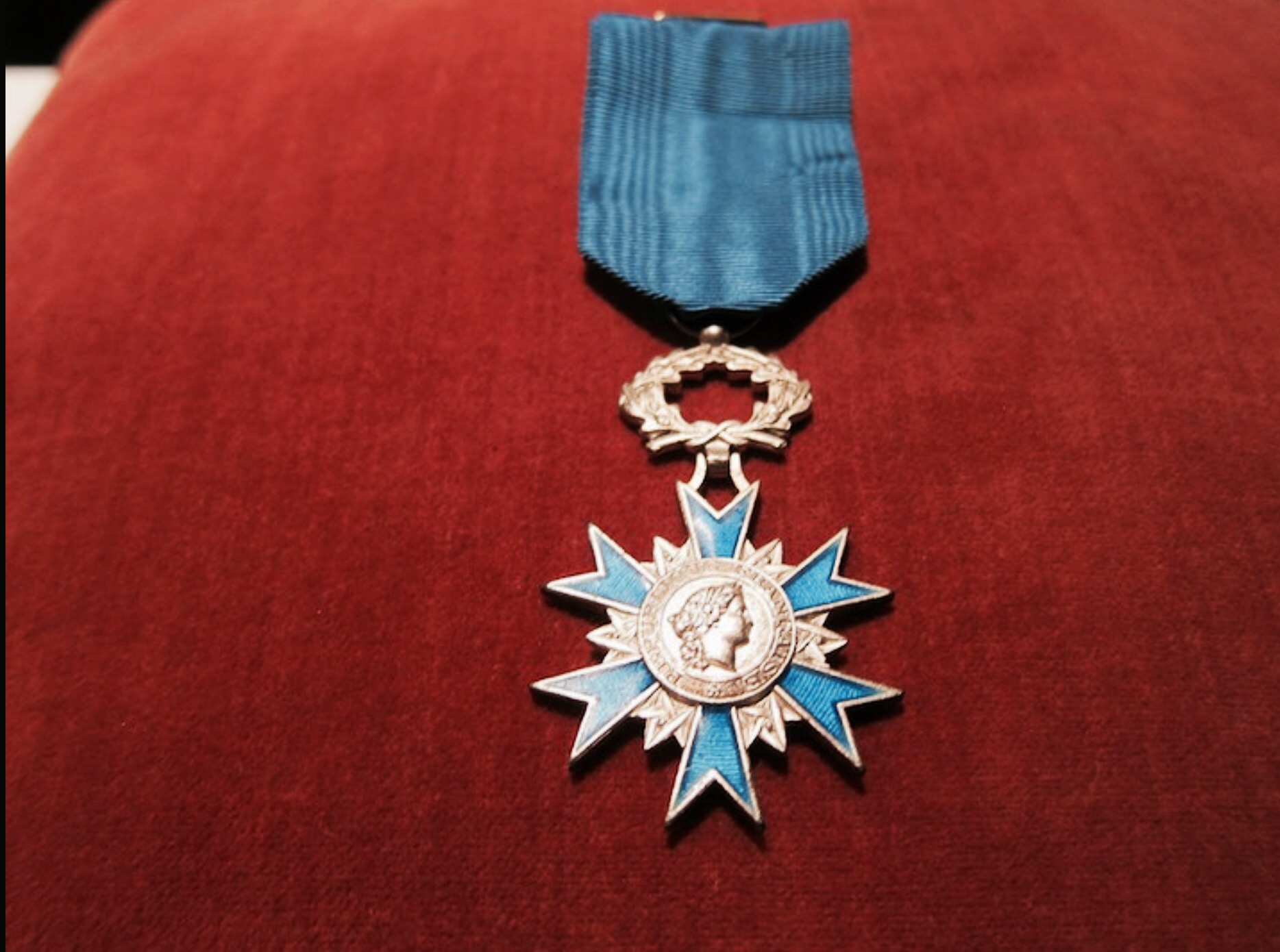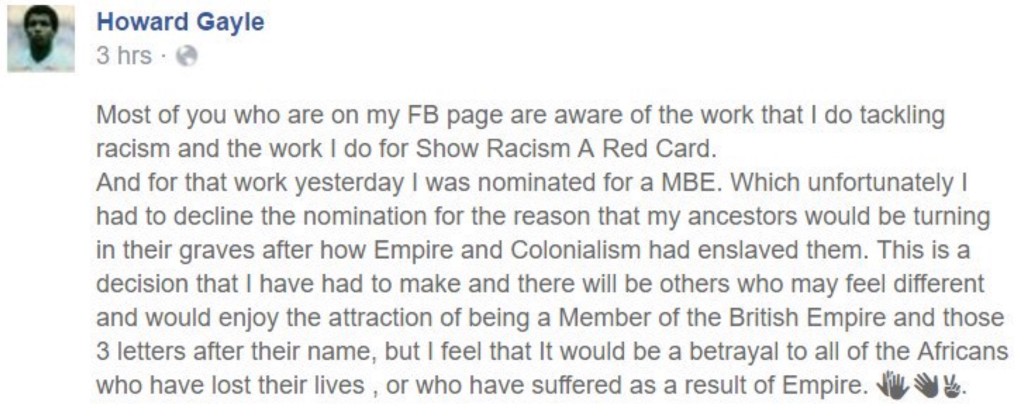Shame on them who think evil of it – honours for an independent Scotland
What is honour? That was the question I asked myself when the outgoing prime minister, David Cameron dumped his predictable ‘honours list’ on an expecting and impotent public. There were to start with, a range of reactions like wether the honours were bad because of who gave them, or was it in fact to do with who received them, or perhaps the ideological hue of the government as a whole. All propositions missed the crux of the issue when it comes to the question of honours given by the British state.
This month we were treated to the familiar spectacle of privilege and power rewarding itself with leading members of the establishment and a trawl of sycophants been gifted with honours. Of course this was nothing new, the honour system as outrageous as it may seem to the progressive and modern mind, is a cultural tool of the British state used to bind its members together and only recently, welcome the occasional outsider in to the fold to convince itself its privileged is noble.
The title above was inspired by the motto of the Knights of the Order of the Garter, that most prestigious and English of institutions of whom membership is reserved to essentially members of the royal family, former leading statesmen and military figures. Edward III of England first inducted the order in 1348 as a way of binding himself closer to the nobility in a culture of conquest, feudal piety and romantic chivalry. Back then acceptance was only permitted by decree of the King but now the prime minister of the UK can recommend a select set of names to this exclusive club in addition to the other honours relating to imperial glory.

We in Scotland have our own equivalent, the Order of the Thistle created 1687 by King James VII of Scotland – which it does not go unnoticed, is consider to be a rank lower than the Garter in the system of ‘high honours’. The ruling class of Britain however has had in the past, the self awareness to offer MBE’s to Benjamin Zephaniah many years back and recently to Liverpool’s first black football player Howard Gayle. Yet this clumsy attempt to be down with the brothers backfired as Zephaniah historically refused the award and today Gayle rejected the offer of an honour citing the “brutality of the empire and betrayal of Africans.”
It would be easy to conclude that an independent Scotland would have no need of honours and the danger of replicating the cultural habits of the British state is all to real. It is possible to become the thing you hate, especially if you have been emerged in its self hatred, fawning and hypocrisy as a nation for centuries. But despite previous calls from spokesmen such as Angus Robertson for a scrapping to honours, there is an argument for a system that can reflect the unique and fresh path Scotland wishes to take.
In a world constantly defined by the financial and the selfish individual, there is surely some role for the community of the realm to come together and acknowledge talent and duty. For those on the left the notion of duty can be uncomfortable bringing forth connotations of ruthless and aggressive patriotism, the liberty of the individual crushed under the interests of the state. But for too long we have argued about the merits or dangers of the all pervasive state instead of what under pins it, it’s culture and history and its future ambitions.
“For me honour is the collective will and affection of the nation and community bestowed on a person not because of wealth or connection but in a free rewarding of undoubted skill.”
In fact a nation looking to throw off all the shackles of feudal preference could start by creating an honours system not under pinned by confirmation or association with the monarch. As previous examples have shown the monarch was the original referral for who got recognised and why. If Scotland wishes to be a nation with its sense of self rooted in the people and not solely institutions or figures then let us start by democratising the process of our honours.
The republican creed of France may grant us some inspiration if we tread with caution. For there are no longer knighthoods or peerages in France – or at least none recognised by the state, although you still find in the old quarters of Paris or Provence people who lay claim. It was Napoleon Bonaparte who reinvented the honours system in 1802, only a few years after the French abolished monarchy and aristocracy. However Consul Napoleon, who was not yet Emperor, decided to create the Légion d’honneur which his domestic opponents claimed was a return to the aristocratic titles and class distinctions that the 1789 – 1799 revolution had abolished.
The 114,000 or so French members, take an oath to uphold French republican values and to “combat any enterprise seeking to re-establish feudalism” in France. Yet France also has a global concept of culture at its core. You don’t have to be a French artist to qualify to be a French cultural “knight”. The cultural order, created in 1957, is open to all people who have “distinguished themselves in the domain of artistic or literary creation or for the contribution they have made to the spread of arts and letters in France and the world”. Scotland with its own diaspora and cultural connections all around the world can use this as a tool and expression of its internationalism.
Additionally we can observe the case of the Légion d’honneur – France’s premier military and civil award. Technically, the “legion” is an exclusive club, rather an award: a club in France which does not accept foreigners. Harold Pinter was one of the few awarded for his playwriting, but he and the other foreign “legionnaires”, cannot be “members” of the Order of the Légion d’ honneur itself. They can only be decorated with its insignia. Again another oprion that Scotland can adapt and change to be more inclusive and recognising of not exclusive nationality but cultural soft power.
Other civilian awards include the Ordre national du Mérite (for distinguished service to the French state) and the Ordre des Palmes Académiques (for distinguished academic work). There are also the Ordre du Mérite Agricole, Ordre du Mérite Maritime and arts and letters order which is considered the most junior of them all in France but in Scotland we can change this. Writers, Sculptures and Painters of which we have so many in high quality must be cherished by the nation too. Moreover unlike the French, we must ensure we do not end up gifting an honour to a Saudi prince for services rendered.

An innovation I believe we should adopt would be that instead of the first minister choosing whom she thought were worthy candidates for honours, a set of nominees from all sections of industry, arts and society would be selected through electoral colleges. These electoral colleges could come under the umbrella of the Saltire Society and would be separately made up of all the voluntary organisations, literary organisations, trade unions, financial, agricultural and more groupings who would nominate to a pool.
The pool would be then observed and debated on by Holyrood in an open set of sessions free for the public to attended and place emergency suggestions through petition. This may sound chaotic and most probably would end in myself railing against the parliament denying me the ‘Order of Books’. But the open nomination style and the debating of the worth of honour itself speaks to a different motivation and route for a Scotland where traditions maybe loved but never cherished beyond reason or the psychological damage they inflict.
We could also make a positive attempt to recognise the posthumous, current and future achievements of more women and working class Scotland both which beffort and during the union have existed in a corner allocated by ‘men of good breeding’ and professional Scotland.
For me honour is the collective will and affection of the nation and community bestowed on a person not because of wealth or connection but in a free rewarding of undoubted skill.
Honi soit qui mal y pense (Shame on him who thinks evil of it), for indeed I am ashamed when I think of the fact I am part of a nation that still is as Napoleon famously quipped “lead by such baubles.” Now is the time to start thinking and planning how to break down the cultural and institutional barriers for the future Scotland.
Now is the time for all of us to reclaim our honour.



Good article. These honours have little or nothing to do with merit, and people should not be recognised in such a fashion for simply doing their job.
We could go on and on about the toadying of current Scottish sycophants and egos that accept “honours” from a nonexistent Empire (oh the irony in that!).
“Honours” are like Haemorrhoids, sooner or later every *rseh*le gets one!
My own thoughts are that a modern Scotland doesn’t need them.
Am reminded of the lines from Brecht’s Galileo, when the old Galileo responds to his pupil Andreas;
Andreas; “Unhappy the land that has no heroes”.
Galileo; “No Andreas, unhappy is the land that NEEDS heroes!
Having been exposed all my life to the discredited British ‘honours’ system I am reluctant for an independent Scotland to embrace any system which could be similarly corrupted .
However the writer advances some interesting ideas for a scheme which , with proper checks and balances and kept at arm’s-length from the politicians , may be worth a cautious welcome .
Why should the honours system result in people having the power to ‘govern’?
Im in favour of recognising achievements but not in favour of the recipients being in ‘the second house’ whatever shape or form it takes. Honours should be completely separate.
Scotland does not need any honours system, corrupt or otherwise. Obtaining the respect and admiration of others, even privately, for doing whatever, is surely more than sufficient recognition for anyone. Do we as individuals really need an honour? For what?
Honours systems will always tend to be manipulated and extended by politicians and/or their sycophants and other elites who dish them out (and to award to each other or people of ‘like mind’, or to make ‘like minded’) and giving rise to ongoing distinctions of status, class and position in society, and to those and such as those.
Really, we need to concentrate on re-building and re-culturalising this excuse for a nation, rather than talk about another meaningless honours systems for the great and the good. So, with respect, stuff yer honours, and lets concentrate on getting the ethos of our New Scotland right!
Well said, Alf, especially your final paragraph.
Wouldn´t the best way to acknowledge someone´s contribution simply be to hold a suitable one-off event in their honour?
BTW Bella would you please get a copy-editor or proofreader. If they do a half-decent job you could award them the Order of the Fried Mars-Bar …
It is a strange, indeed very strange society that does not show honour to those among us who have done great service for their community.
Public recognition is a two way thing and it is important that people have the opportunity to express their gratitude to many who of themselves would seek no honour.
The thoroughly rotten and discreditted UK gong system should not colour our minds against public recognition in an independent Scotland.
In fact we could quite easily just now introduce a public recognition award system. Nothing stopping us.
Why not just give the person in question a slap-up meal, or have a concert in their honour or whatever?
Mibbe gie thaim aw a braw bricht licht ootby thair hoose, tae shaw thair speicial like:
http://www.edinphoto.org.uk/0_street_w/0_street_views_-_wellhead_close_lamp_posts_looking_east_077864.htm
….awfu uissfu fir dugs tae psih oan anaw.
Perhaps, rather than any system of prestigious awards for simply doing one’s job more or less as required, a republican Scotland should have a means of signalling failure in office. While stocks and ducking stools would doubtless fall foul of Health & Safety considerations, a few marks of disapprobation might work well. I would suggest titles such as Ordure of Merit and Despicable Sycophant Ordure. Recipients would be unlikely to parade their awards, but it would be a legal requirement for others to use them whenever referring to the bearers, particularly in the media or on formal occasions.
Suggestions for a suitable ´honour´ to be awarded to JKR, please 😉
honours in the new Scotland? wotalaff…the first recipients would be fitba players and failed politicians.
Cage fight to find winner?
And Lulu…
OMG! Isn´t that enough to make you wanna shout? 😉
What is missing, in the current system, the French system and the article, is the possibility that recognition can be given for collective efforts. It’s missing because the aim is to improve what is seen to be unsatisfactory, rather than establish principles first, and then find a way to apply them.
We chould encourage and promote collaborative working.
Progress in science is now more likely to be a collaborative effort rather than the product of a reclusive genius working away for years on his own.
I recall a double page spread in the Observer headed by images of more than 20 of the people in as many specialties who had achieved an astonishing recovery for an injured individual (a war casualty, as I remember). Clearly this was a team effort, and every department, if not every individual, made a critical and unique contribution.
Recognition for collective endeavour could be given to a sports team instead of individual members, and the citation would include those who do not appear on the pitch, or for an outstanding dramatic or other performance event, where there are also many in essential supporting roles who contribute to success or failure and deserve to be included recognition.
There are third sector and community environmental projects which benefit society generally and are especially credit worthy if they benefit future generations. Of their nature, success is not atributable to a single leader, but to the involvement and enthusiasm of many.
I’d give an award to the E&ERC committee of the Scottish Parliament, for the high quality of their work on TTIP, recognising the contribution of supporting staff including IT technicians and SPICe.
Clearly the Convenor and the Clerk had a bigger role than others, but they couldn’t have done it by themselves.
If you compared the quality of their work with the superficial and shoddy performance of the House of Lords Committee which looked into the effect of TTIP on Agriculture, it would be enough to persuade you to vote for independence.
All these ‘public servants’ surely get paid enough for what they do (its their day job efter aw), but you gie thaim aw a wee something if it makes you feel better.
An honors system sure , recognizing amateurs , volunteers , but surely not as already mentioned for doing ones job?
Say for being paid in charities definately not , for unpaid yep. Some directors on Charities and Trusts are paid handsomely , I remember reading how after advertising the costs of our most known charities – next highest expense is directors.
As for an upper house , forget it , unelected interference and cronyism with democracy , hell no. Its bad enough now with DHondt interfering in democracy , through failed unelected politicians rejected by their wards somehow returned to power and party leadership , rather than a darwinian change in evolutionary direction for its and voters betterment.
Name a cultural attitude that cuts across Scotland’s political and local differences? I’d say ‘despising pretension’. It’s not always a good trait (it can clip the wings of dreamers and leaders) but it’s endemic. Badges of Honour could turn albatross gey quick.
If we need honours at all, they’d better contain an element of auto-pastiche, or nobody will want one. Howzabout awarding the O.A.K.G. (Order of Abody Kennt yer Granny), Or F.H.L.T. (Fellow of the Humble Line of Tamson)?
There’s room for recognising people’s contribution, but I think one-off awards (or temporary roles like the Makar) are better for this than lifelong or hereditary titles.
i similarly think ‘awarded’ an honour stinks of patronage/patronizing – who is so honourable they can bestow an honour – a font etc which is nothing other than a pyramid i.e. (economic) privelledge colonizing and claiming all and any ‘distinction’ (bourdieu)
let the work speak for itself – if it can
Your last point is especially relevant. Culturally, the Scots have never really been that interested in raising any one individual much above others, irrespective of the achievement involved; the Scots have always recognised individuals as equal, albeit each having their own distinct ‘gifts’. ‘Honours’ does seem much more an Anglo Saxon trait. As was the crude privatisation of public utilities. Or the statement there is “no such thing as society”. Or private schools for the bairns of the ‘elite’. Or (top) universities for the ‘elite’. We’re A’ Jock Tamson’s Bairns, efter aw. Tho it seem clear our (Scots) society has been corrupted, particularly the ‘upper echelons’, whit onywey benefits maist fi thon ‘Anglo’ honours.
Its funny you mention that of Scots , everybody equal. Perhaps in our emigration we have also imparted said mindset , offsetting some colonialism in the process , NZ , AUS to a point , Canada and so on.
I do happen to know some people of perceived station abroad , so outwith the Uk elitist system , that frown on the way I treat local mayors and politicians in my dealings…. but rarely do the recipients themselves have any problem. The curtsy and tipped hat brigade do exist outside of the Landed entitled of GB , but that mindset is draining with subsequent generations…. but perhaps not fast enough.
Then again perhaps the French did it their way much better.
I think all honours systems however worthy they may be at first, would eventually turn bad and become systems for rewarding cronies as the UK’s is at present. Best to avoid.
I agree with Alf Baird. The honour of serving your passion and your fellow citizens is surely reward in itself. And I would also like to see these terms like honour and charity challenged in a new and vibrant Scotland.
Perhaps Robert should have permitted himself the honour of a proofread and spellcheck before publishing this. Some of the basic English is appalling.
I would be happy to honour anyone who would proofread BC articles before publication. Far too many mis-spells.
When a scrawny cyclist called Bradley is referred to as Sir, it sums up the omni-shambles of the UK. Not forgetting the numerous luvvies who get knighthoods for boring us to tears. I will never call anyone Sir or Mam. Working class people like Alex Ferguson tell homeless Scots to vote no while sipping Bollinger in their mansions.
They can all go to hell.
SO do we want an honours system , one that is people based , one that leads to ships being called boaty mcboatface through public democracy – then summarily democracy is overruled anyway…. a bit like what I suspect will happen with brexit.
I fear that should the people actually like the idea , then go for it via Holyrood , that they would only be able to publicly vote on individuals suggested by those from the same system anyway.
Which is one of the reasons why I will fight a Scottish upper house with every fiber , we elect our representatives , so to create a secondary system full of entitled unelected individuals that can overrule democratic mandate is perhaps that award system – that is if its used in such a manner to fill those seats.
Another honors system already in place is the Nobel prize , so perhaps this is far more of a choice , less lettered after the name pretention , less QAC , but even then do the great unwashed suggest the recipients? I dont think so.
How about ‘Order of the Global Good Guys’ we can give one to anyone who stands out for their integrity and non-wankness, Aung San Suu Kyi, Billy Bragg, the lady who returned your wallet with all the money in it and you never even got her name.
Obviously there would need to be a corollary, however there is already a system in place for that. We just need to make it official – Bless A Thousand Flowers’ Wanker of the Week with the seal of officialdom and hey preso, the ‘Order of Eternal Wank’.
Reminds me of the chewin the fat sketches.